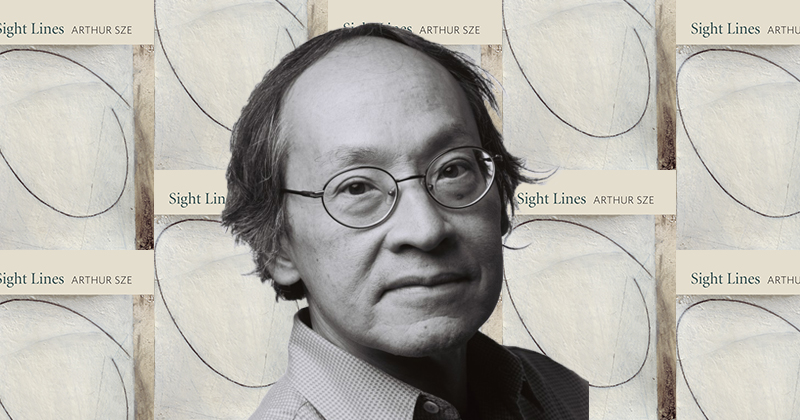Congratulations to NER author Arthur Sze, who won the 2019 National Book Award for Poetry with Sight Lines! To celebrate, we’re making his six-part poem “Entanglement” available to our readers online.

From the National Book Award judges: Arthur Sze writes with a quiet mastery which generates beautiful, sensuous, inventive, and emotionally rich poems. Sight Lines unfurls like ink in water, circulating through meditations on the natural world; the pleasure and associational depth of eating food; and the profound constitutions of self through memory, human relationships, and experience of the actual world. A keen awareness arises of structural, environmental, and social threats in the midst of this expansive beauty.
“Sight Lines unfurls like ink in water…”
Arthur Sze is also the author of Compass Rose (Copper Canyon, 2014), The Ginkgo Light (Copper Canyon, 2009), Quipu (Copper Canyon, 2005), and The Redshifting Web (Copper Canyon, 1998). He is the recipient of the Jackson Poetry Prize from Poets & Writers. A professor emeritus at the Institute of American Indian Arts, he lives in Santa Fe, New Mexico. His poems have been featured in NER 35.4 and 40.1, and “Entanglement” has just been made available online.
Watch the full National Book Awards ceremony here: